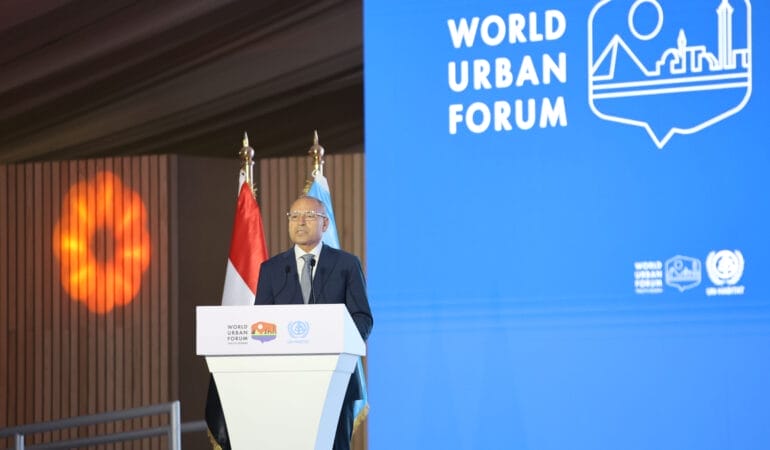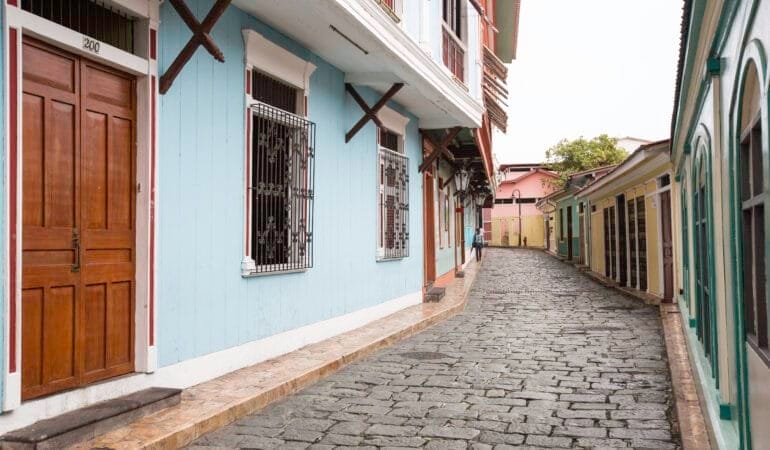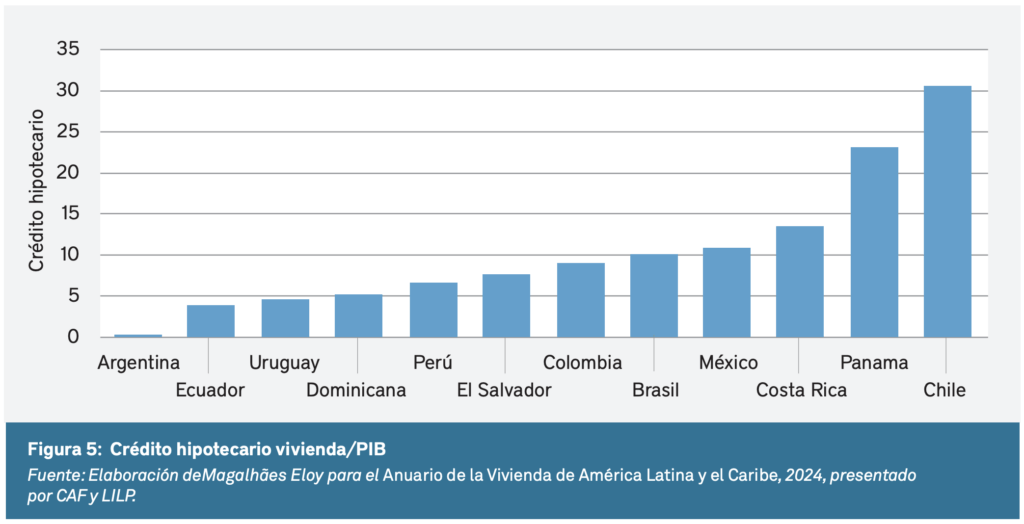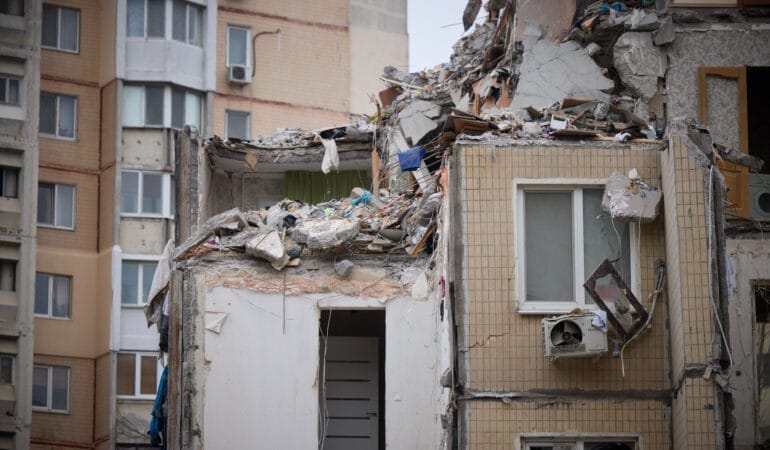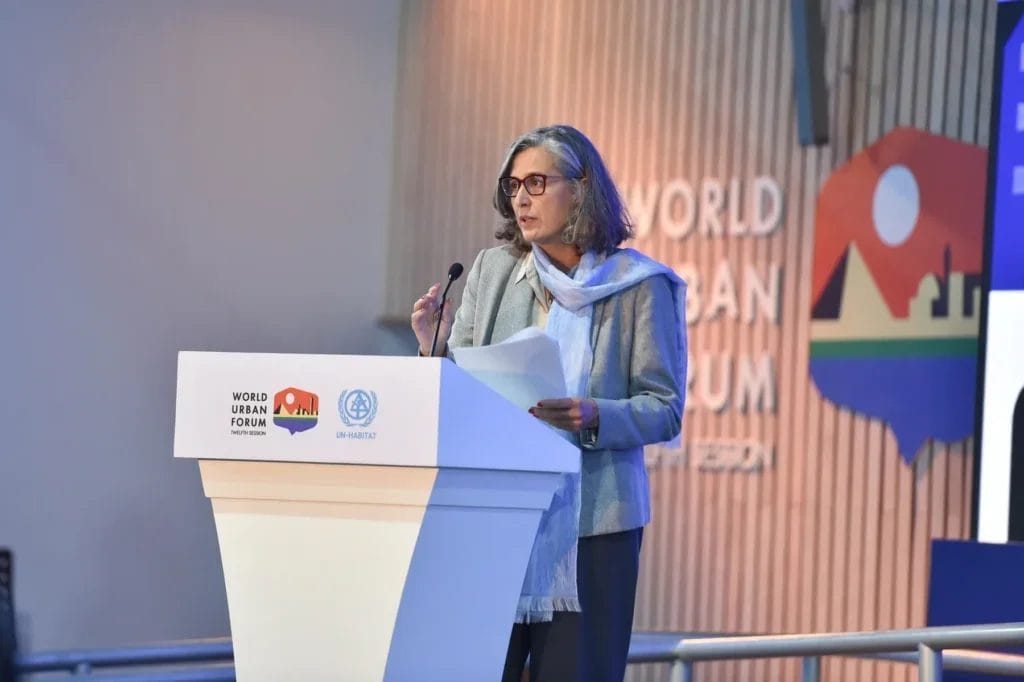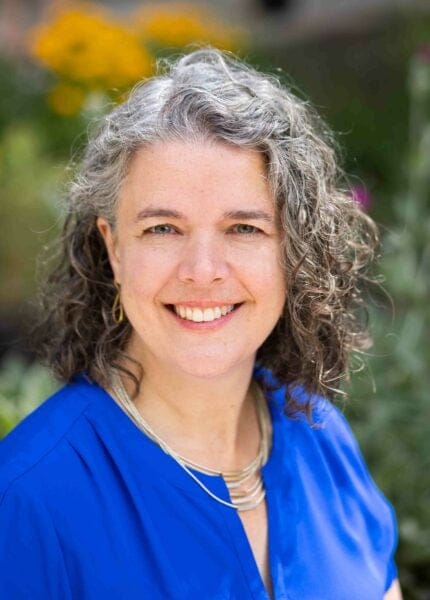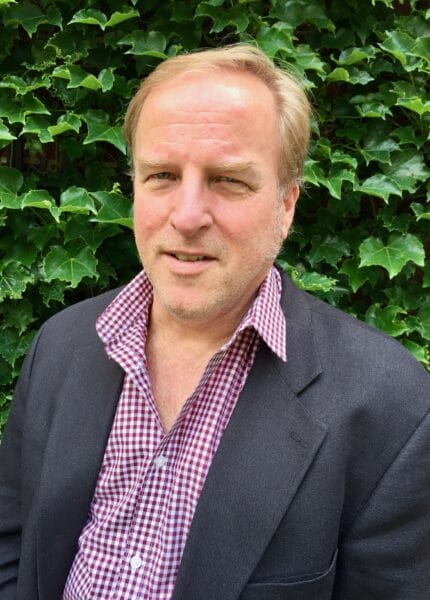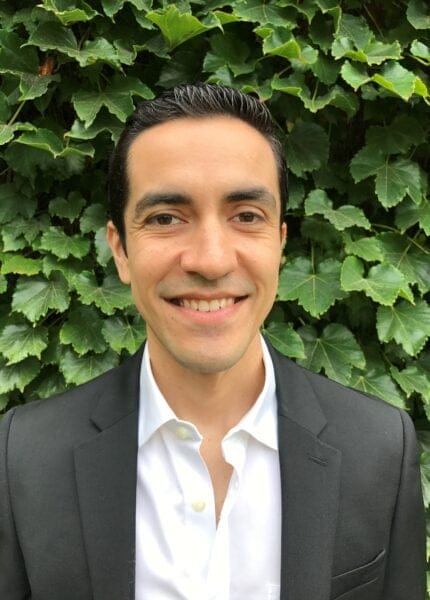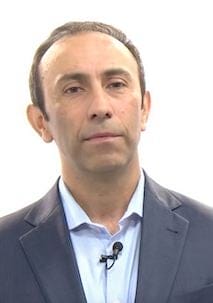Ibrahim Saber Khalil, 62, was appointed governor of Cairo in July 2024. In this role, he leads the city of Cairo and oversees about half of the metropolitan area, including New Cairo, El Shorouk, and Badr City. Khalil previously served as deputy Cairo governor for Eastern Cairo and chief of the Misr El-Gadidah, Maadi, Dar El-Salam, and Tora districts. He has a PhD from the city’s Ain Shams University, with a focus on environmental and economic evaluation of national road network projects in Greater Cairo, and a master’s degree in public and local administration from the Sadat Academy for Administrative Sciences. His professional training is in law and environmental administration.
Cairo, built on the foundation of an ancient metropolis and now home to some 22 million people, was host of UN-Habitat’s World Urban Forum 12 in November 2024, where the governor joined other municipal leaders—including several previously featured in the Mayor’s Desk series—at a session organized by the Lincoln Institute, Mayors and Innovators: Replicable Strategies for Local Political and Technological Change. At the forum he talked with Senior Fellow Anthony Flint; the interview was continued and finalized by email and has been edited for length and clarity.
Anthony Flint: What are your reflections on the extraordinary expansion into the desert east of the city center that you are now overseeing?
Ibrahim Saber: Cairo stands at a historic crossroads—an intersection between the roots of its ancient civilization and the trajectory of its modern expansion. The extraordinary urban growth we’re witnessing, particularly to the desert areas outside of the city center, is a reflection of both necessity and vision. The New Administrative Capital alone spans 700 square kilometers—nearly the size of Singapore—and is designed to house 6 million residents. Beyond this, Egypt’s broader urban strategy involves developing over 30 new cities across the country, effectively tripling Greater Cairo’s footprint over the coming decades. This is not simply expansion for its own sake; it’s a deliberate effort to decentralize, reduce pressure on the historical core, and offer new economic and residential opportunities for millions.
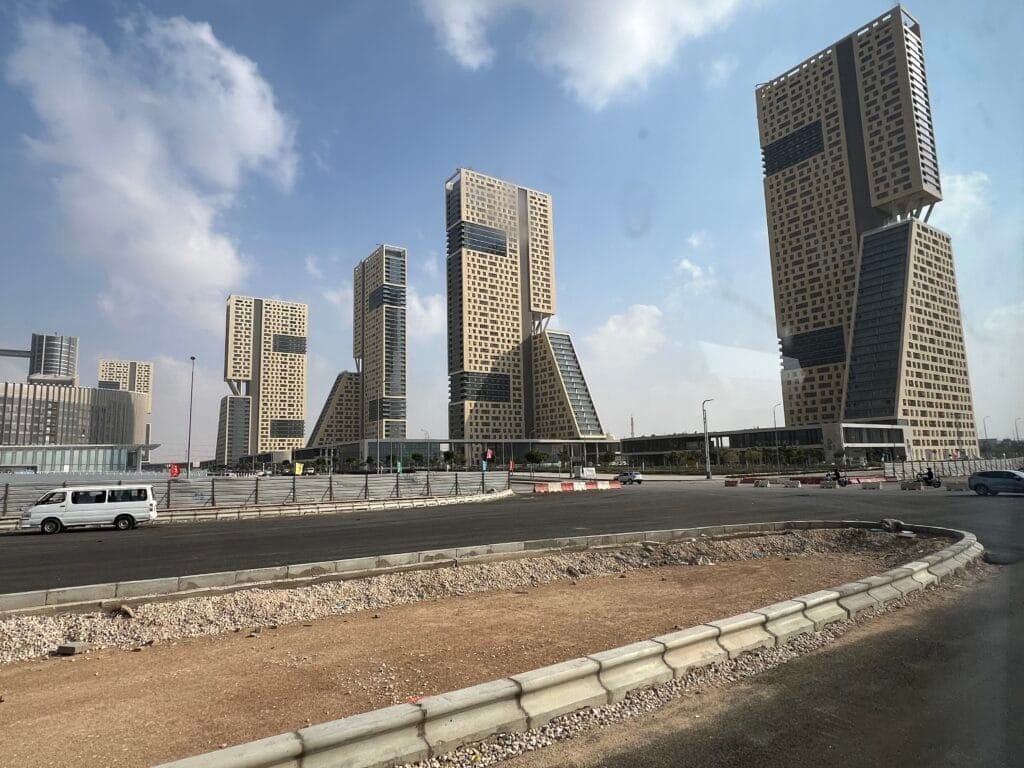
AF: Are the estimates still accurate about the influx of immigrants and refugees, which has prompted the construction of so much new housing?
IS: One of the key drivers behind this growth is Egypt’s rapid population increase, which is fueled not only by domestic growth but also by significant migration and refugee influxes. Currently, Egypt hosts approximately 5 million refugees and migrants, a far larger figure than often cited. These individuals [represent] over 60 nationalities, contributing to Egypt’s social fabric, labor force, and cultural diversity. Our national policy has long emphasized hospitality and inclusivity, providing access to services such as healthcare, education, and housing without discrimination. Yet accommodating this large, dynamic population places tangible strain on infrastructure, housing stock, and public services, which is why much of our urban expansion is strategically focused on ensuring capacity for both citizens and migrant communities alike.
AF: The urban expansion plan includes a monorail, connected to Cairo’s existing subway network. In a city known for its traffic jams, are there any plans for the type of congestion pricing recently adopted in other cities, or to go more fully car free in the city center, as Paris has done?
IS: Alongside this physical expansion, we are heavily invested in transforming Cairo’s urban mobility landscape. Projects such as the Cairo Monorail, which links to the city’s metro system, are designed to both alleviate existing traffic congestion and prevent its escalation as the city grows. Our vision is to promote public transportation and nonmotorized mobility options, reducing dependency on private cars. While policies like congestion pricing are under review, our immediate focus remains on expanding transport infrastructure, encouraging cleaner mobility, and exploring low-emission zones or even car-free districts, particularly in the historic city center.
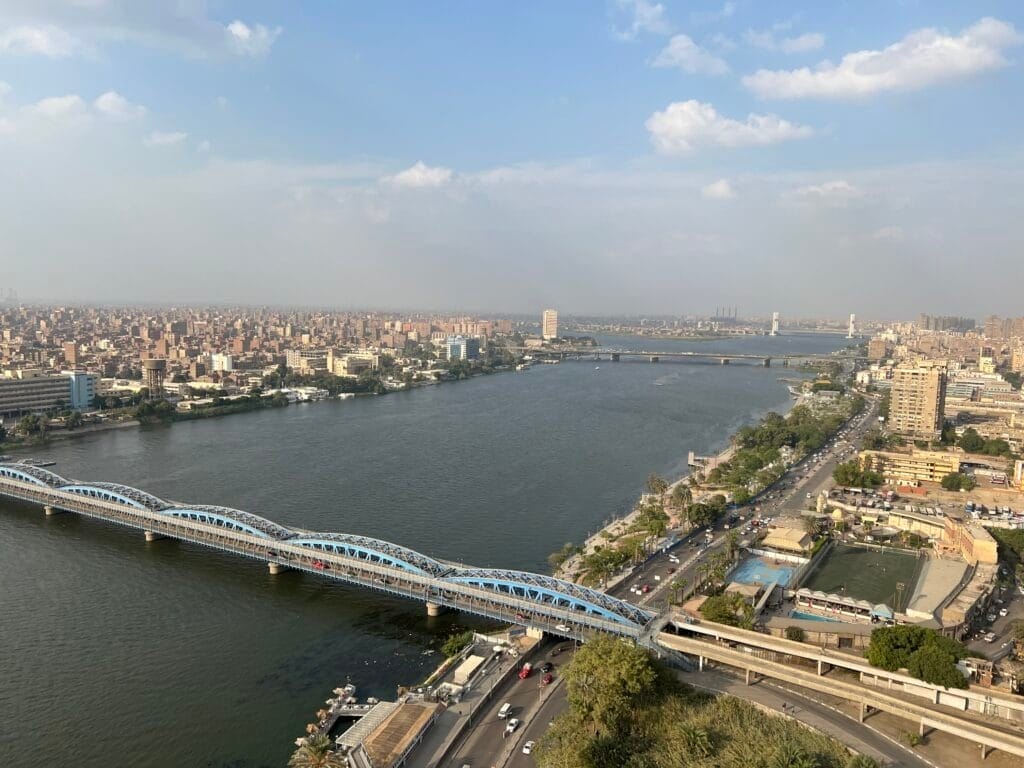
AF: What in your estimation are the top impacts of climate change in the region? Are there plans to reduce local emissions causing the smog and pollution often seen in the city?
IS: Of course, all these efforts are being implemented in the context of global and local climate challenges. Egypt faces mounting threats from rising temperatures, water scarcity, and urban air pollution, particularly in Cairo. We are addressing these by pursuing policies to reduce local emissions, including expanding electric public transport, introducing green building standards, and increasing urban green spaces. Our commitments under the National Climate Change Strategy 2050 reinforce our pledge to build resilient, sustainable cities that can withstand the pressures of climate change.
AF: Finally, can you reflect on the contrast between the old and the new in Cairo—antiquities alongside gleaming new development?
IS: What makes Cairo unique is its ability to weave together the old and the new. As we oversee the construction of state-of-the-art urban centers, we remain deeply committed to preserving and revitalizing Historic Cairo, home to millennia-old heritage. This coexistence is not contradictory, it is a source of strength. At forums such as the World Urban Forum, we’ve shared how our urban development approach is rooted in balancing heritage conservation with modern growth, ensuring that as we build for the future, we honor the past.
Anthony Flint is a senior fellow at the Lincoln Institute of Land Policy, host of the Land Matters podcast, and a contributing editor of Land Lines.
Lead image: Cairo Governor Ibrahim Saber Khalil speaks at the World Urban Forum, hosted by the city in November 2024. Credit: IISD/ENB | Anastasia Rodopoulou.

